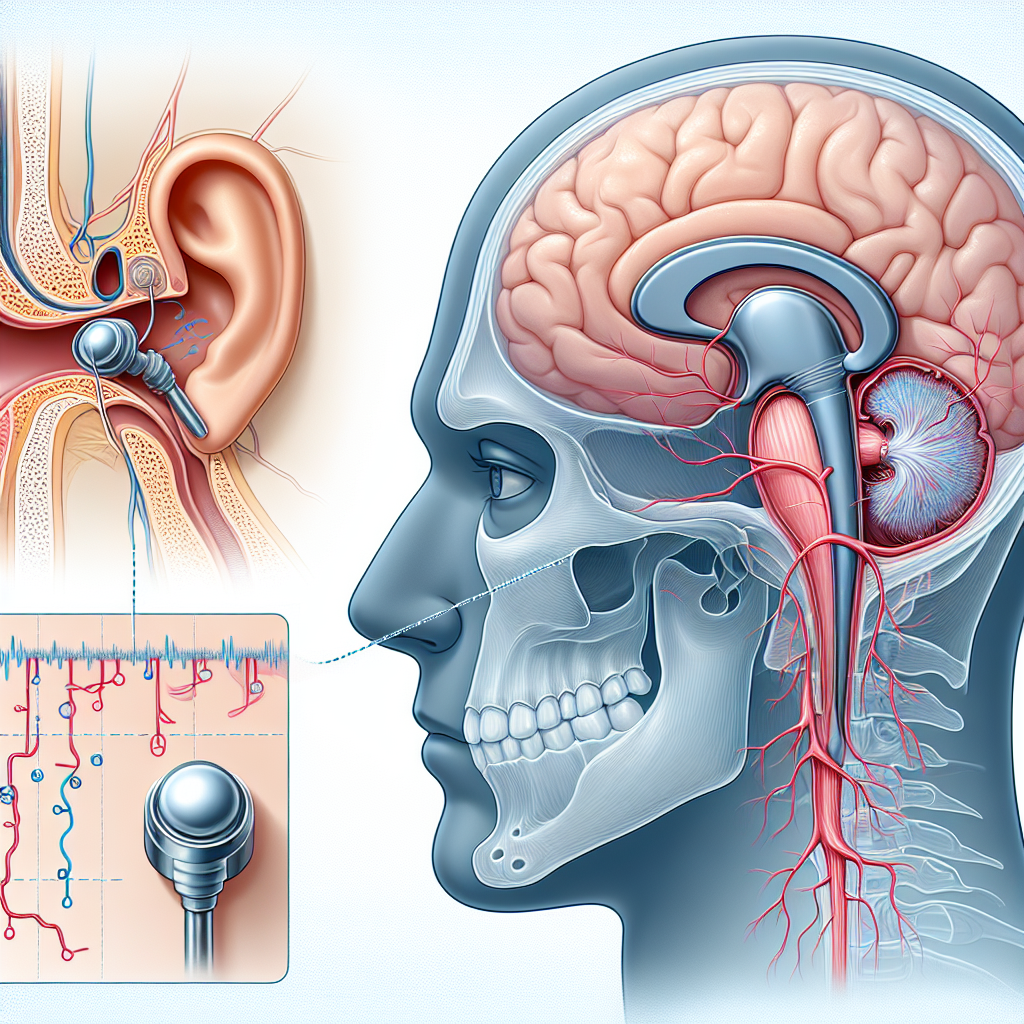Into the Ice: Studying Brain Changes in Antarctic Isolation
A study reveals brain changes in crew members spending a year in Antarctic isolation. Researchers found reduced white and grey matter, impacting memory and cognition. The findings are relevant for space missions and general isolation in the population, highlighting the need for strategies to mitigate brain changes.

- Country:
- India
A recent study analyzing brain scans of crew members spending a year at an Antarctic research station reveals notable changes due to exposure to isolation and extreme conditions. The research highlights potential impacts on physiology and cognition.
Published in 'npj Microgravity,' the findings hold significance for planned extended space missions. The international research team reports reduced white and grey matter in brain regions crucial for memory, language, and spatial awareness.
The study emphasizes that understanding stress effects in isolated environments, similar to space missions, can inform risk assessments and resilience-building efforts. It also suggests lifestyle interventions like improved sleep and physical activity could mitigate grey matter loss.
(With inputs from agencies.)
ALSO READ
EU-IFAD Launch €4.26M ‘ResilientRemit’ to Boost Rural Climate Resilience via Migrant Finance
AfDB Approves €301M to Boost Jobs and Economic Resilience in Morocco
Hanna Glas: A Journey of Resilience and the Complex World of ACL Injuries in Women's Football
Transgender's Fearless Return Across Borders: A Tale of Resilience
The Dalai Lama at 90: A Legacy of Peace and Resilience










